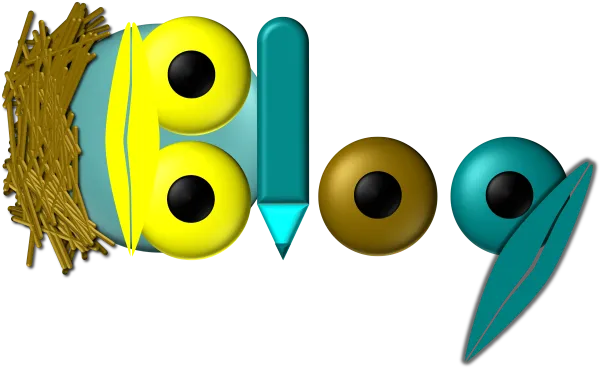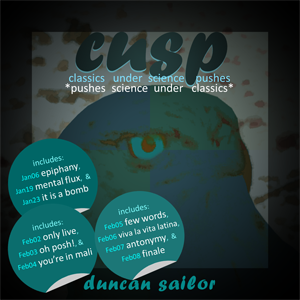 Article for 2013 Feb 07
Article for 2013 Feb 07
Part of the “Cusp” series.
2013

2013 Feb
Feb 07 Thu
A-levels have turned my world upside down. Take Latin. I found the language papers at GCSE really easy. I didn’t lose more than one mark across both papers. How could I when the questions were like, “Brutus est in Britannia - Where is Brutus? [2 marks]”, where the only difficult bit is remembering to write “in Britain”, not simply “Britain”, for the second mark. But the literature analysis was really difficult: I just didn’t get it.
Now I get it, and my essays are at university-level (according to my teachers), but the language is a lot harder. You have to think deeply about the cases nouns are in, and come up with a translation that both matches the individual words plausibly and continues the story logically.
Take Maths. I could not understand trigonometry when I was fourteen, but I do now. And I used to be brilliant at factorising quadratics, but I’ll have to re-learn how.
Take Science. Due to the boredom of knowing all the answers I did not enjoy Physics. We had a teacher who kept misplacing his marker-pens, and that was slightly amusing; and learning about the stars was quite interesting, but I was still dissatisfied. Nowadays I’m studying the interactions of strange quarks and quirky leptons. It’s difficult, and therefore no trifle.
The opposite is, of course, true for Chemistry. I suppose I quite enjoyed it at GCSE, despite the prospect of impaling my palm on a piece of pipette or bleaching my blazer with whatever chlorine compound I had created (I’m pretty sure it wasn’t ethanol). Today I find I’m seized by a compulsion to avoid the whole subject as much as I can. Chemistry makes me physically shudder: electron-repulsion and emulsions give me convulsions of revulsion...
A-levels have not turned my world upside-down. They’ve righted it. For GCSEs are designed for children; it’s an adult that I want to and must become. GCSEs are designed to mirror the world outside the primary school, I admit that; but in doing so, they flip the world for our perception.
Yes, I got top grades in sciences but I was wrong to conclude therefrom that I will become a top scientist. I got poor grades in humanities but I was wrong to conclude therefrom that I couldn’t work in a humanities-derived profession. I made the wrong conclusions, and will have to live with them until the end of my Chemistry AS.
If I had heeded my English teacher’s advice when it was given, and revised properly for the humanities exams, I would have done terrifically in the exams for English Literature, Latin, and possibly even Geography. I would have thought myself more of a Classicist than a scientist when I was choosing A-levels, and I therefore would have probably chosen English Language instead of Chemistry.
I should probably stop pitying myself. Hindsight is useful only for providing foresight. Remembering the past is only useful for anticipating the future. Self-pity is useful only for jump-starting self-improvement. I can start by probing whether things I’ve agreed to (such as Chemistry was) are actually what I want. That will slowly lead to self-improvement, and adaptation to the environments and responsibilities time assigns me. That is growing-up.